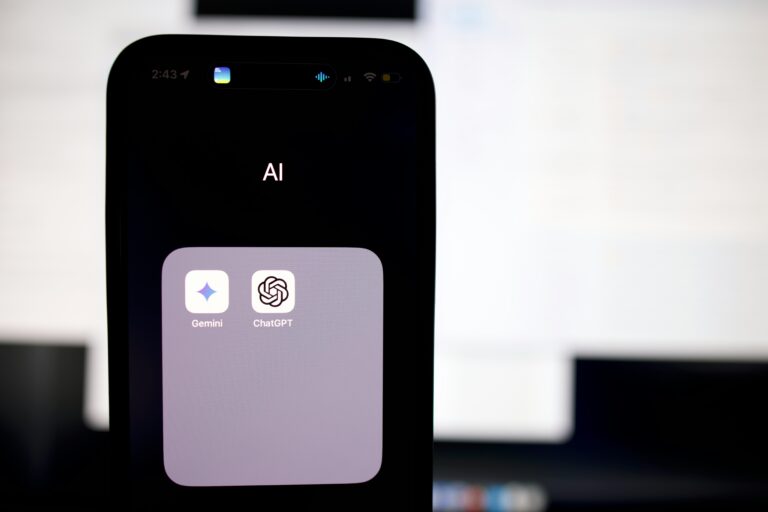Improving the education system in the United States can be exciting, challenging and complex. So, too, is the work of reporting on education’s rapid innovations and nuanced challenges. In an interview with 5 Questions, The Hechinger Report’s executive editor, Nirvi Shah, shares insights on the stories Hechinger sees unfolding in education and how journalism is covering them.
What should people know about Hechinger?

We are nonpartisan, nonprofit and dedicated to works of journalism that expose inequity, highlight innovation and showcase solutions in education.
We generally pursue longform journalism, both written and audio projects, and aren’t beholden to the news cycle, giving us the ability to more deeply report and research our ideas.
We partner with other publications to publish our work – enhancing our reach, impact and in many cases, the ability of the partner to also publish significant education journalism.
Why is Hechinger's Work important?
While many newsrooms continue to invest in journalism about education, some can no longer afford to or have chosen not to. Being able to fill that void and elevate coverage of education is our privilege and joy.
Many newsrooms continue to invest in journalism about education (but) some can no longer afford to or have chosen not to.
What's Been the Biggest Surprise So Far?
Giving away news is harder than you might think. Most Hechinger work is reported over weeks or months. It’s thoughtful and in-depth. It attempts to go beyond the news of the day and look ahead, highlight solutions and places where change has been effective, or investigate thorny problems.
Most stories are accompanied by original photographs and the work is copyedited and fact-checked. Once novel, this is the model of a number of nonprofit outlets now, and some of the logistics of partnering with local and national publications remain complex, even as education journalism’s footprint shrinks in some newsrooms.
How do you see the education landscape shifting In the next 5 years?
Whatever the reason — the pandemic, politics, or parent demand, education is in an innovative period. There are a growing number of options for K-12 students in particular nationwide, however divisive they may be.
Politics and the culture wars are proving to be long-term invasive — sometimes corrosive — actors in K-12 and higher education, and increasingly, early childhood education. Schools face new challenges — and will have new tools — that will require deep thought and attention, not the least of which is generative AI.
Politics and the culture wars are proving to be long-term invasive — sometimes corrosive — actors in K-12 and higher education, and increasingly, early childhood education.
What Else Should People Know?
Hechinger Report stories are never paywalled or cost money. We survive because of generous philanthropists who don’t influence our editorial decision making and through largely small-dollar donations from our biggest fans. I hope we can continue to thrive even in a difficult media landscape, and I am so grateful for all of our readers and their enduring support.




